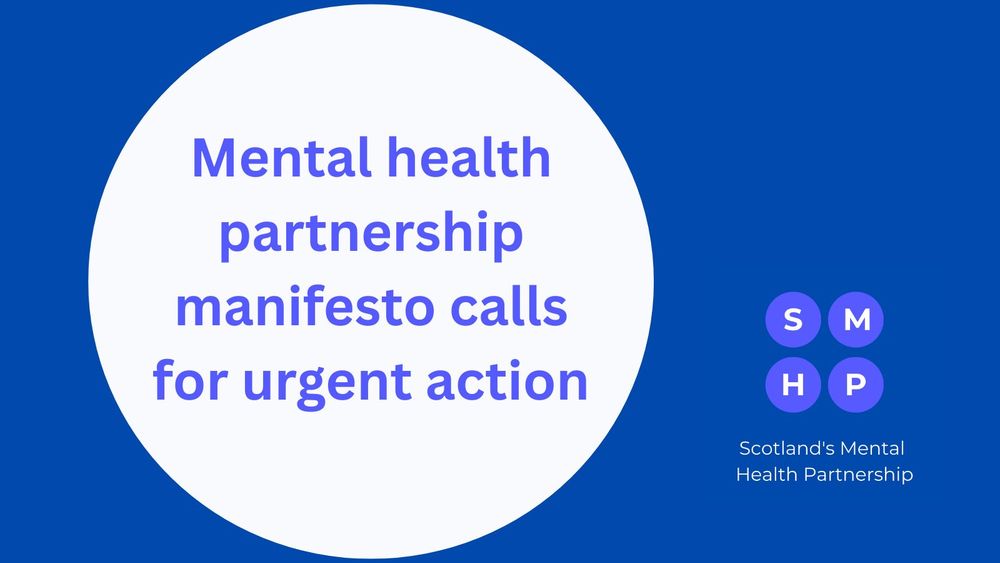Louise Beattie
@beattiel.bsky.social
22 followers
62 following
24 posts
Chartered psychologist and research associate. Mental health, early intervention in psychosis, insomnia, emotion, autism, digital. Mainly fun local photos.
Posts
Media
Videos
Starter Packs
Reposted by Louise Beattie
Reposted by Louise Beattie
Reposted by Louise Beattie












